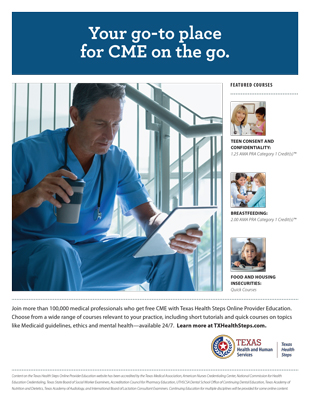
St. Luke’s Episcopal Hospital home of the Texas Heart® Institute, is the first center in Texas to treat a patient suffering from advanced heart failure (HF) in a clinical trial with the new investigational drug MYDICAR®.
Nearly 6 million people in the United States have HF, which is one of the most debilitating and expensive medical conditions facing healthcare systems worldwide. At least 670,000 new HF cases are diagnosed annually, with an estimated 280,000 deaths every year. HF is a condition in which the heart can no longer pump enough blood to the rest of the body. This condition can cause a number of symptoms including shortness of breath, swelling in the legs and inability to walk short distances due to fatigue. Currently, there is no cure for HF.
The procedure, involving a catheter-based infusion into the arteries of the heart with an investigational new drug called MYDICAR, was performed in mid-March by Andrew Civitello, MD and Leo Simpson, MD. Dr. Civitello is an interventional cardiologist and heart failure specialist, who serves as the Medical Director of the Heart Transplant Program at St. Luke’s and is the lead investigator on the research project. Reynolds Delgado, MD, Michele Sartori, MD and Scott R. Sherron, MD are also interventional cardiologists and sub-investigators on this research study at St. Luke’s.
MYDICAR is a genetically targeted enzyme replacement therapy for advanced heart failure. The aim of MYDICAR treatment is to reduce the frequency of hospitalizations and improve many symptoms associated with heart failure by restoring levels of an enzyme known to play a key role in the progression of heart failure. Candidates for MYDICAR are advanced heart failure patients who continue to deteriorate from their disease despite optimal drug therapy, including those who are eligible for either a mechanical support device or a heart transplant.
According to Dr. Civitello, this international, multi-center research trial is randomized, meaning some patients will receive MYDICAR while others will receive a placebo in order to study the safety and efficacy of the investigational drug. Approximately 200 patients in the U.S. and Europe will be participating in the study at approximately 50 locations worldwide, including St. Luke’s in the Texas Medical Center.
“The primary goal of this phase of the clinical investigation is to determine the effectiveness of MYDICAR in patients with symptoms of advanced heart failure by reducing the frequency and/or delaying heart failure-related hospitalizations compared to placebo-treated patients,” said Dr. Civitello. “It’s about improving the quality of life for those suffering from advanced heart failure. We hope to build on the results from a previously completed study, which indicated that the frequency of death, worsening heart failure, heart failure-related hospitalizations, heart transplant and the need for mechanical heart pumps were dramatically lower and sustained for patients on high-dose MYDICAR compared with placebo.”






